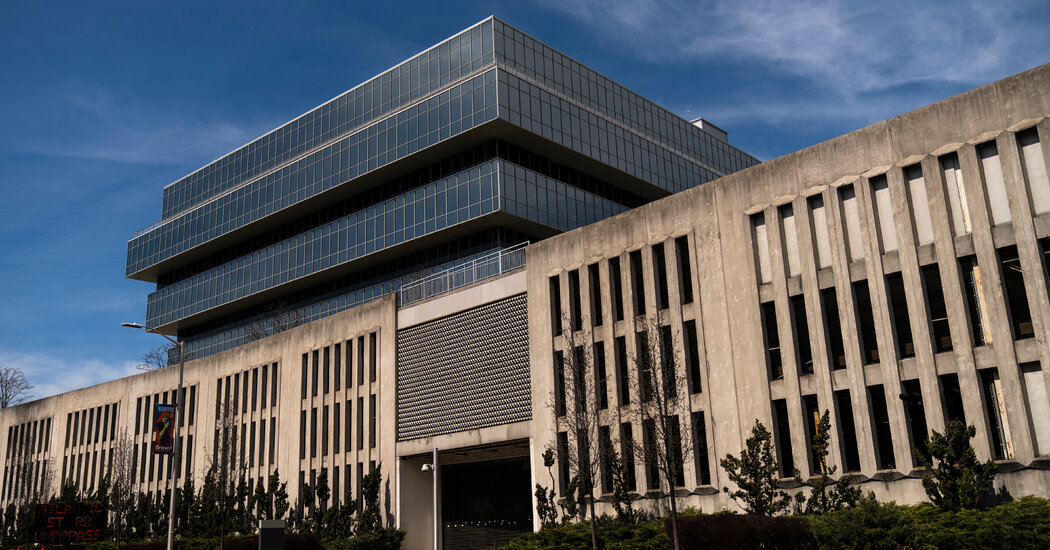
Tuesday’s ruling came more than a year after oral arguments before the Second Circuit panel. As months passed, thousands of litigants expressed growing frustration that the case remained unresolved, with promised payments held in abeyance even as the opioid epidemic itself, now marked by fentanyl use, continued to surge.
The ruling was a win for Purdue, which appealed a decision by a federal district judge who had overturned a settlement that had originally been approved by a bankruptcy court judge in 2021. But most of the parties that had appealed the 2021 plan eventually wound up dropping their objections, after the Sacklers increased their payout offer by roughly $1.73 billion.
The only objectors who remain include several Canadian municipalities, a few individuals and the U.S. Trustee, a Justice Department program that is the watchdog of the bankruptcy system. Ms. Jacoby, the North Carolina law professor, said that because the last objecting states had agreed to the Purdue plan, the U.S. Trustee’s argument for pursuing the case would not be robust.
The U.S. Trustee declined to comment on Tuesday’s ruling.
In a statement after the ruling was issued, Purdue called the decision “a victory for Purdue’s creditors, including the states, local governments and victims who overwhelmingly support the plan of reorganization.”
“Our focus going forward is to deliver billions of dollars of value for victim compensation, opioid crisis abatement and overdose rescue medicines,” the statement continued. “Our creditors understand the plan is the best option to help those who need it most, the most fair and expeditious way to resolve the litigation and the only way to deliver billions of dollars in value specifically to fund opioid crisis abatement efforts.”
The families of two founding brothers of Purdue, Dr. Mortimer Sackler and Dr. Raymond Sackler, both deceased, said in a joint statement: “The Sackler families believe the long-awaited implementation of this resolution is critical to providing substantial resources for people and communities in need. We are pleased with the Court’s decision to allow the agreement to move forward and look forward to it taking effect as soon as possible.”